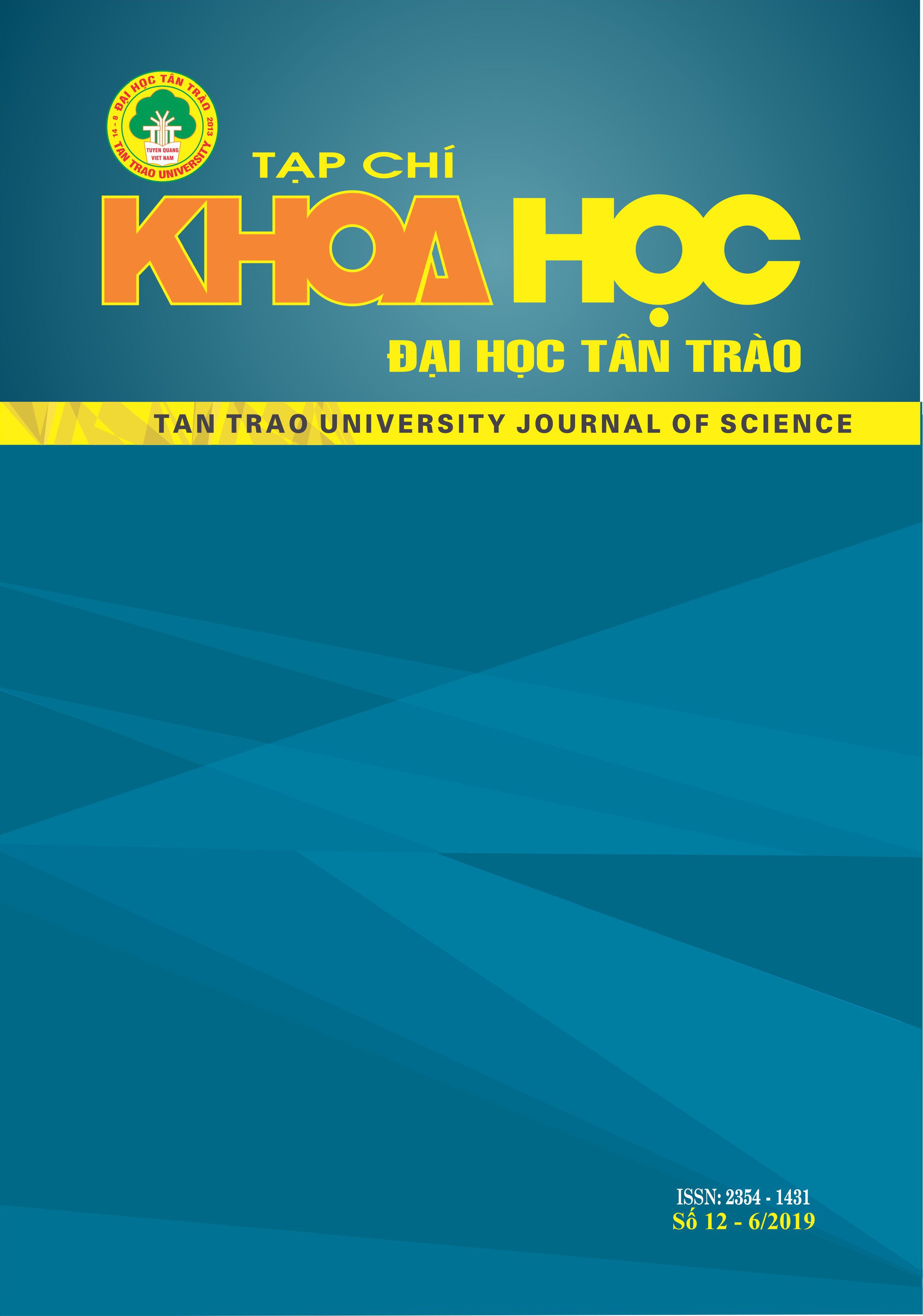The potentials for developing trekking tour in Xuan Son national park, Phu Tho province
DOI:
https://doi.org/10.51453/2354-1431/2019/249Keywords:
Tourism; Trekking tourism; developing advantages; Xuan Son national park; Phu Tho province.Abstract
Trekking is a type of specialized tourism has appeared in Vietnam since 1990. So far, some regions with advantages in exploiting trekking tourism have taken full advantage of that advantage to develop, such as Sapa and Lam Dong, where the type of trekking tourism is very popular for international travelers and researchers. With the attraction of natural resources, especially the diversity of topography and unique customs of ethnic minorities, Xuan Son National Park is an interesting destination for trekking, because there are basic characteristics for resource conditions for this type of tourism. Therefore, this article aims to analyze some potential to exploit the trekking tourism effectively at Xuan Son National Park
Downloads
References
1. Trịnh Lê Anh, “Sapa –điểm đến hấp dẫn của loại hình Trekking tour”, tạp chí Du lịch Việt Nam, số 08/2009.
2. David Noland (2001), Trekking (Outside Adventure Travels), W. W. Norton & Company; 1st ed edition (16 May 2001).
3. Ministry of Tourism of Oman (2012), The Oman trekking guide, Explorer Group Ltd; Illustrated edition, the 1st edition.
4. Robert Strauss. 1996. Adventure trekking: Handbook for Independent Travelers
5. Hoàng Thị Thủy (2010), Bước đầu nghiên cứu hoạt động du lịch Trekking tại vườn quốc gia Hoàng Liên theo quan điểm du lịch sinh thái, Khóa luận tốt nghiệp, Khoa văn hóa du lịc, Đại học dân lập Hải Phòng.
6. Ủy ban nhân dân xã Xuân Sơn (2017), Báo cáo “Đánh giá tình trạng các tuyến điểm Du lịch trên địa bàn VQG Xuân Sơn”.
Downloads
Published
How to Cite
Issue
Section
License

This work is licensed under a Creative Commons Attribution-ShareAlike 4.0 International License.
All articles published in SJTTU are licensed under a Creative Commons Attribution-ShareAlike 4.0 International (CC BY-SA) license. This means anyone is free to copy, transform, or redistribute articles for any lawful purpose in any medium, provided they give appropriate attribution to the original author(s) and SJTTU, link to the license, indicate if changes were made, and redistribute any derivative work under the same license.
Copyright on articles is retained by the respective author(s), without restrictions. A non-exclusive license is granted to SJTTU to publish the article and identify itself as its original publisher, along with the commercial right to include the article in a hardcopy issue for sale to libraries and individuals.
Although the conditions of the CC BY-SA license don't apply to authors (as the copyright holder of your article, you have no restrictions on your rights), by submitting to SJTTU, authors recognize the rights of readers, and must grant any third party the right to use their article to the extent provided by the license.


